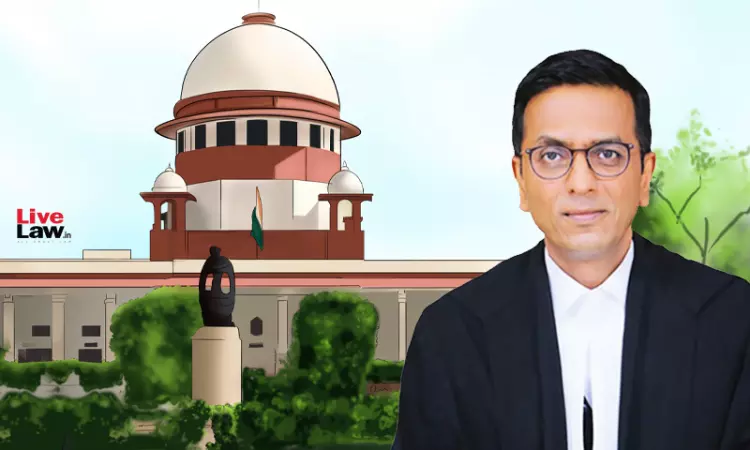Supreme Court's Doors Will Always Remain Open For Citizens: CJI DY Chandrachud Promises On Constitution Day
Awstika Das
26 Nov 2023 3:24 PM IST

Next Story
26 Nov 2023 3:24 PM IST
On the occasion of India’s 75th Constitution Day, Chief Justice of India DY Chandrachud on Sunday (November 26) assured that the doors of the Supreme Court are and will always remain open for citizens to ventilate their grievances. He also insisted that individuals should not be afraid of going to court or view it as a last resort, expressing the hope that owing to the efforts to make...
